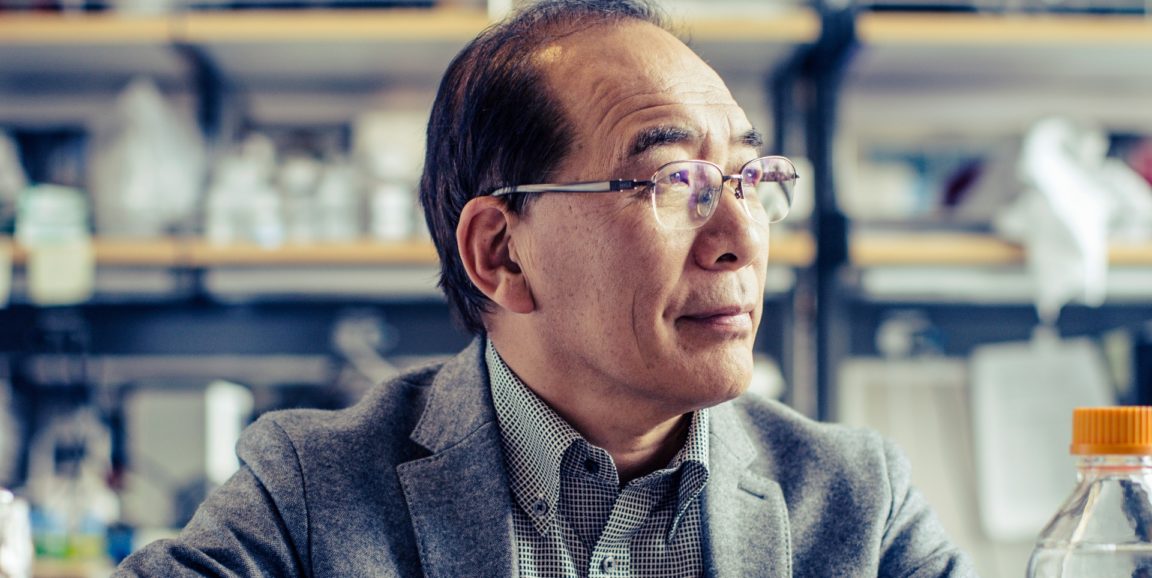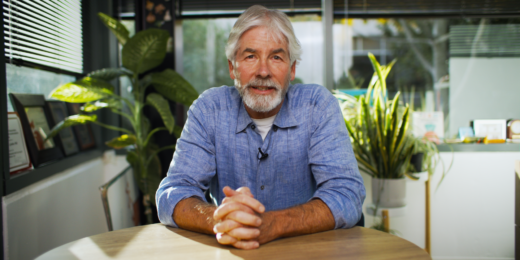I'm often shocked when I consider how far medicine has advanced during the past decades. Just 50 years ago, the late Stanford surgeon Norman Shumway, MD, PhD, performed the first human heart transplant in the U.S. when he placed the heart of Virginia-Mae White, a housewife from Mountain View, California who had suffered a brain hemorrhage that left her in a coma, into the chest of retired steelworker Mike Kasperak. My colleague Tracie White recently wrote a fantastic story of the awe and wonder experienced by the medical team as they gazed into Kasperak's empty chest cavity after removing his diseased heart.
Now that organ transplantation has become almost routine, the lack of sufficient numbers of donors is a growing problem. Many would-be recipients wait months or years, often dying before a suitable organ is found. Stanford researcher Hiromitsu Nakauchi, MD, PhD, aims to change that. He's working on ways to grow genetically matched, transplantable human organs in large animals like sheep or pigs by transplanting stem cells into early animal embryos.
I wrote about his quest, and the difficulties he's experienced, in my latest story for Stanford Medicine magazine:
Many people cite ongoing ethical concerns about creating sheep, pigs or primates sporting human cells. Could any of these 'humanized' animals take on human attributes, intellect or consciousness? Could human cells find their way into an animal’s reproductive system to create human eggs and sperm? What are our ethical obligations, if any, to these newly created human-animal chimeras?
Nakauchi has worked to develop a new technique that should mitigate many of the ethical concerns, and he's shown his approach works in mice and rats. But obtaining funding to repeat the experiments using human cells has been a struggle: After moving from his native Japan to Stanford in 2014, the National Institutes of Health unexpectedly announced a temporary funding ban on such research in 2015. Nakauchi has continued his experiments using funding from the California Institute for Regenerative Medicine, but it's a stopgap measure.
As Nakauchi says:
More than 116,000 patients are on the waiting list and 20 people die each day in the United States alone due to a lack of donor organs. Animal-grown organs could transform the lives of thousands of people facing organ failure. I don’t understand why there continues to be resistance. We could help so many people.




